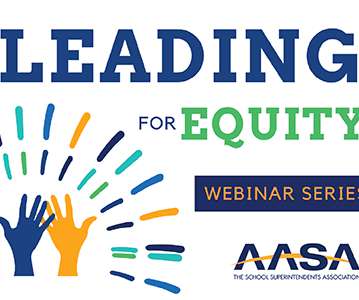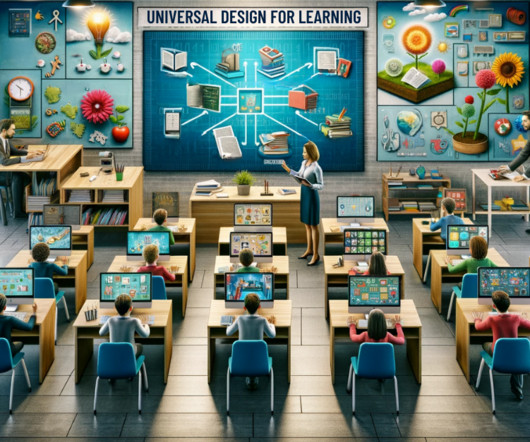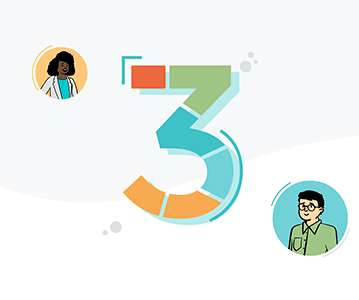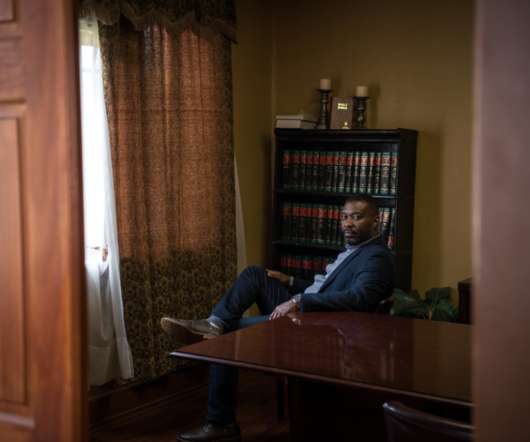Use Design Thinking to Develop Critical Skills for a Global Economy
EdTechTeacher
AUGUST 11, 2016
In an essay linking cognitive bias and design thinking, Liedtka (2014) warns that “innovators seeking to produce and assess more novel, value-creating, and differentiated ideas face significant challenges from different sources of cognitive bias” (p. References. Levy, F., & Murnane, R. doi: 10.1162/003355303322552801.
























Let's personalize your content